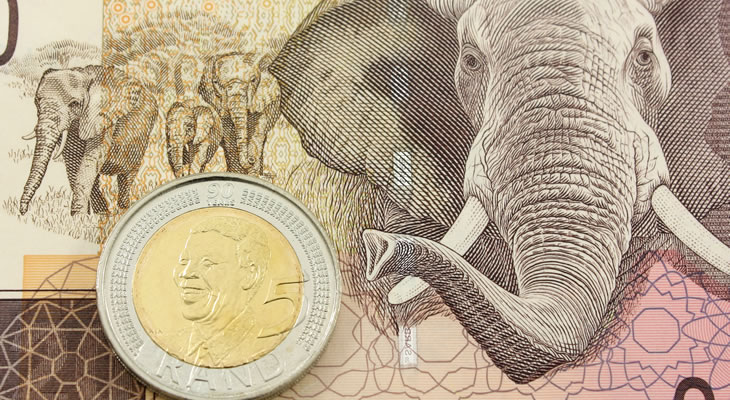GBP/ZAR Exchange Rate Falls, UK-EU Brexit Negotiations Break Down
The Pound South African Rand (GBP/ZAR) exchange rate eased today, with the pairing currently trading around R18.625 with Prime Minister Boris Johnson’s new Brexit deal now appearing doomed following the EU’s possible offer to extend Brexit talks until summer, despite Mr Johnson’s insistence on the UK’s leaving the EU on October 31.
David Frost, the UK’S Chief Brexit Negotiation, commented:
‘At some point, we were going to hit this rock on both sides on the customs issue. If it’s the EU position that Northern Ireland has to be in the customs union, and that does appear to be the case, that’s not acceptable to us. Our position is that we need to come out and that seems to be where we are stuck.’
As a result, Sterling traders have become increasingly jittery over the now more likely prospect of a no-deal on October 31.
The UK’s political developments surrounding Brexit have also hit a deadlock, with the Conservative Government announcing a showdown on 19 October – two weeks before Britain’s scheduled departure from the EU – to discuss a way forward.
Leo Varadkar, Prime Minister of Ireland, summarised the UK-EU deadlock, saying:
‘Essentially what the United Kingdom has done is repudiate the deal that we negotiated in good faith with prime minister [Theresa] May’s government over two years and have sort of put half of that now back on the table and are saying, ‘That’s a concession’. And, of course, it isn’t really.’
ZAR/GBP Exchange Rate Rises on Renewed US-China Trade Deal Hopes
The South African Rand (ZAR) benefited against the weaker Sterling despite the investment bank Renaissance Capital forecasting that the ratings agency Moody’s will downgrade South Africa’s credit rating to junk status in November.
Nema Rhamkhelawan-Bhana, an Analyst at Rand Merchant Bank, was downbeat in her analysis:
‘The next month will prove tricky as investors await the outcomes of Eskom’s special report, the Medium-Term Budget policy statement and Moody’s sovereign-ratings review. Arguably, much of the uncertainty related to these events is already priced into local assets. But varying interest in weekly bond auctions would suggest that investors are still applying some measure of caution.’
However, the risk-sensitive South African Rand (ZAR) has gained from renewed hopes of a US-China trade deal breakthrough this week. This follows China’s recent buying of US agricultural products as well as signs that the US was willing to waiver tariffs.
In South African economic terms, today saw the release of September’s South African business confidence index, which recovered from a 34-year low from 89.1 to 92.4.
The South African Chamber of Commerce and Industry (SACCI) commented:
‘Positive annual contributions in September came from the higher U.S. dollar price of precious metals, energy supply – the latter mainly owing to a decline in the crude oil price. There are indications that the economy may have hit a trough and could obtain some stability which could auger well for growth prospects.’
GBP/ZAR Outlook: Could Sterling Fall Further on Increasing No-Deal Brexit Fears?
Sterling traders will be looking ahead to tomorrow’s release of August’s UK industrial production figure, which is expected to ease from 0.1% to -0.1%.
Tomorrow will also see Mark Carney, the Bank of England’s (BoE) Governor, deliver a speech. Any dovish comments about the British economy, however, could weigh further on market confidence in the Pound.
Meanwhile, tomorrow will see South Africa’s manufacturing production index for August, which is expected to ease by -2.4% year-on-year.
Brexit developments will continue to drive the GBP/ZAR exchange rate in the comings weeks. However, if the Conservative Party remains unmoving on its ‘deal or no-deal’ stance, we could see Sterling fall further on heightened no-deal Brexit fears.


Comments are closed.